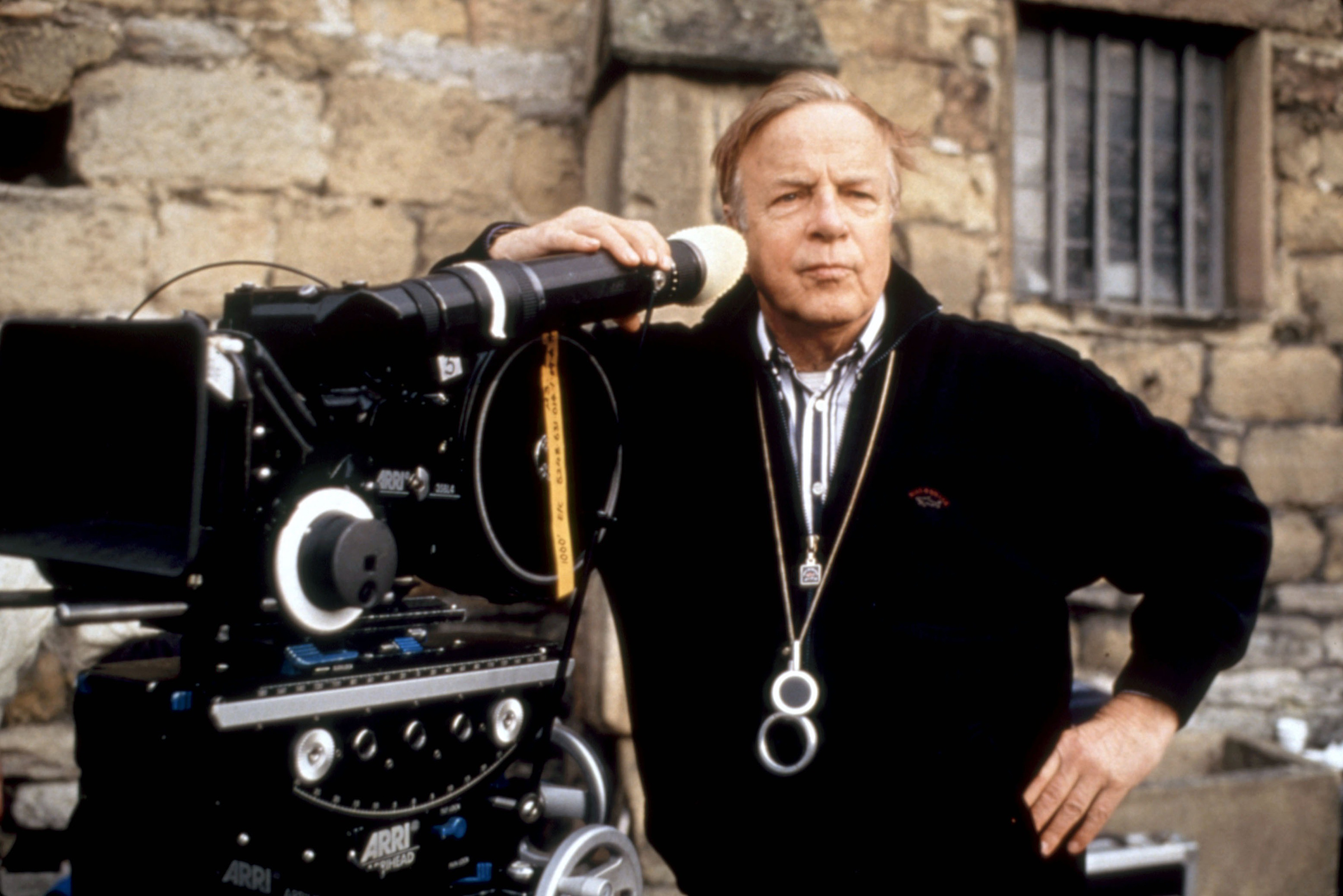
In the 1950s and ’60s, Franco Zeffirelli made his name with magnificent stage productions of operas like La Traviata, La Bohème and Aida. But more people know Zeffirelli, who died on June 15 at age 96, as a film director, largely because of the tender and intuitive Shakespeare adaptation he made in 1968. For many teenage school kids of the era, Romeo and Juliet, starring real-life teenagers Leonard Whiting and Olivia Hussey, served as an introduction to Shakespearean performance–and the film’s brief but tasteful nudity kept everyone awake.
Zeffirelli brought visual and emotional opulence to his opera and film productions alike. But he faced controversy too, including an allegation of sexual assault, which his family has refuted. Also, a conservative Catholic, he publicly supported the church’s anti-homosexuality stance; he himself came out as gay in 1996, though he preferred not to speak about his personal life.
In art, Zeffirelli had a taste for excess. In life, he was no less complicated.
More Must-Reads from TIME
- How Donald Trump Won
- The Best Inventions of 2024
- Why Sleep Is the Key to Living Longer
- Robert Zemeckis Just Wants to Move You
- How to Break 8 Toxic Communication Habits
- Nicola Coughlan Bet on Herself—And Won
- Why Vinegar Is So Good for You
- Meet TIME's Newest Class of Next Generation Leaders
Contact us at letters@time.com